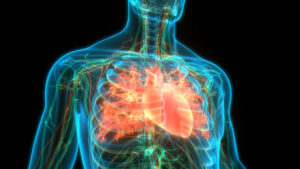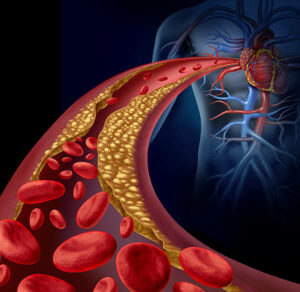Hypertension or high blood pressure is a long-term health condition that can result in severe complications. According to an estimate, about half of all adults in the United States have high blood pressure, but surprisingly, many may not know they have it. It is also named “silent killer” because sometimes the damage due to high blood pressure may occur without you experiencing any signs and symptoms.
Let’s take a deeper look into hypertension, its stages, its signs and symptoms, and where you can go to get yourself evaluated for hypertension if you are located in Royal Palm Beach.
What is High Blood Pressure?
High blood pressure is when the force with which the blood pushes against the walls of blood vessels consistently remains too high. The blood pressure reading is two numbers. The top number is called systolic blood pressure while the bottom is known as diastolic blood pressure.
Systolic blood pressure measures the pressure on the blood vessel walls when your heart contracts or beats. On the other hand, diastolic blood pressure measures the pressure on your blood vessel walls when the heart is relaxing between the beats.
Ideal blood pressure is between 90/60mmHg and 120/80mmHg. Hypertension is when blood pressure is consistently higher than the normal range. It has three stages:
- Stage 1 hypertension – A blood pressure between 130/80mmHg to 139/89mmHg
- Stage 2 hypertension – A blood pressure that is 140mmHg or higher consistently
- Hypertensive crisis – A blood pressure that is 180/120mmHg or higher
Signs and Symptoms of High Blood Pressure
Most people stay unaware of a dangerously high level of blood pressure reading because of no signs and symptoms. A high blood pressure that goes unnoticed for a prolonged period can damage many important organs such as the heart, kidneys, blood vessels, etc. This is why it is important to measure your blood pressure regularly.
Rarely, a rise in blood pressure may manifest itself in the form of:
- Morning headaches
- Nosebleed
- Sweating
- Irregular heart rhythm
- Vision changes
- Buzzing in ears
According to the World Health Organization, severe hypertension can have signs and symptoms like:
- Nausea
- Vomiting
- Fatigue
- Confusion
- Chest pain
- Muscle tremors
What Can You Do?
The procedure to measure your blood pressure is quick and painless. You can measure it at home using automated devices or ask a healthcare professional to measure it.
Measuring blood pressure every year is a must if you are between the age of 18 to 39. Your healthcare professional, especially your family care provider, may also recommend you measure your blood pressure more frequently if you have already been diagnosed with high blood pressure or have a higher risk for cardiovascular disease.
If you measure blood pressure at home and notice any abnormality, visit your primary care provider for further evaluation and diagnosis.
Hypertension in Royal Palm Beach
Hypertension can severely affect your overall health and well-being. If you’re concerned about your blood pressure and want to get yourself evaluated, visit our compassionate healthcare providers at Advanced Medical Clinic. We are experts in diagnosing and treating long-term health issues like hypertension. We will also educate you on how to prevent hypertension from occurring if you are at risk for it.
To make an appointment with one of our healthcare providers, call our staff today at (561) 434-1935, or request an appointment now by filling out our online form.










